COP27 has kicked-off, meaning the climate crisis is back at the top of the agenda. But dealing with the challenge is a perennial battle. In his opening speech, the UN Secretary-General said the “fight for a liveable planet will be won or lost this decade”. Although, perhaps a bar brawl is a better way to put it, given the messiness of the action and the hazy lack of clarity.
Here are some of the wild punches that were thrown, in October.
Mushroom leather gets a boost
Link: CNN
It’s autumn here, so we’ll start on season with mushrooms. Which may offer solutions to the climate crisis. One of the most promising applications is a leather alternative made from mycelium that looks just like the real thing. See this fancy bag from Hermes, below.
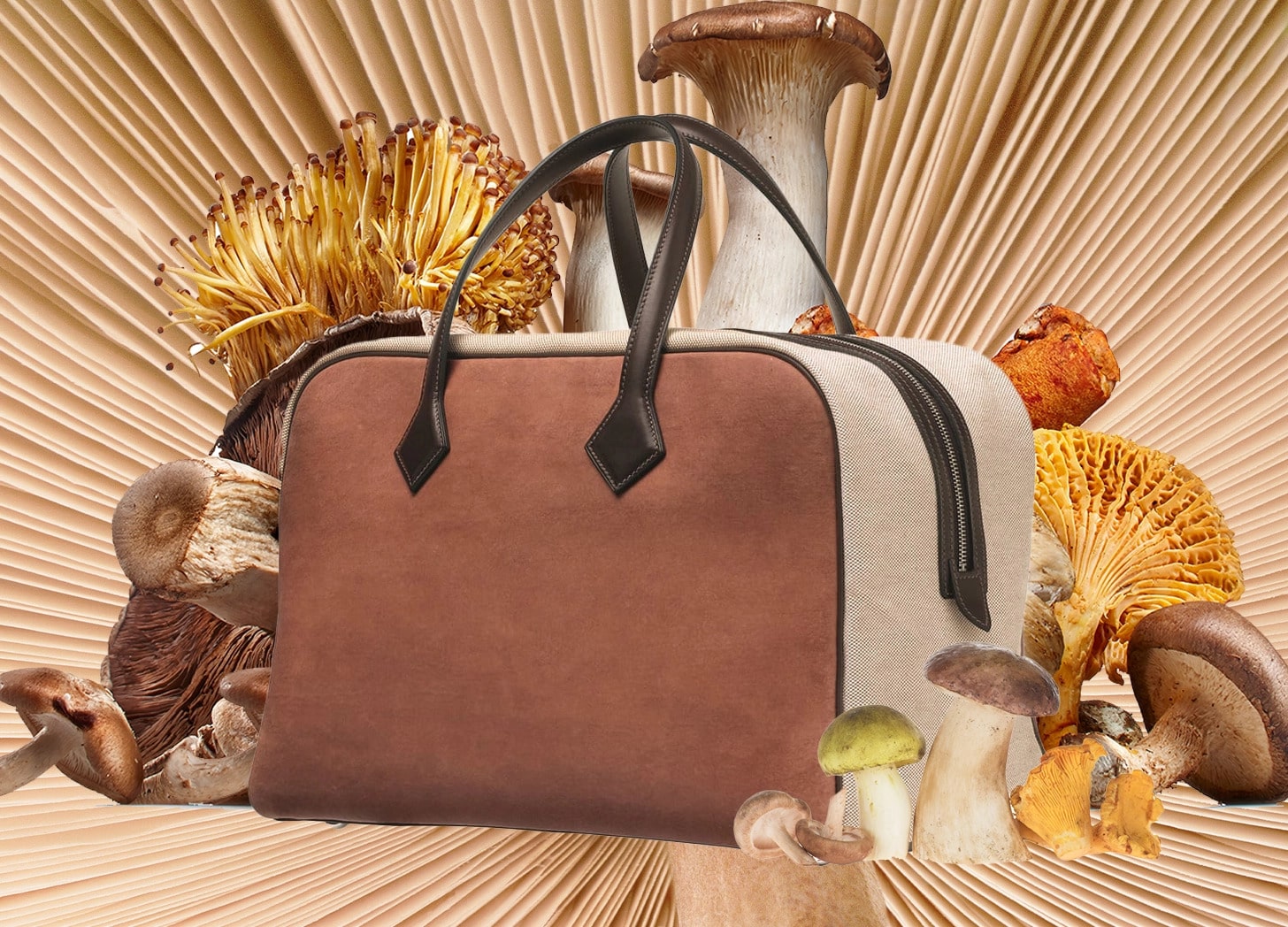
One of the companies that’s making this material, MycoWorks, received an undisclosed investment to expand its offering in October, from GM ventures. A key focus will be developing the leather alternative for use in transport, to replace virgin leather on seats.
Developments like this are lifting the new material’s profile every month, while expanding its range from the elitist end of the market. In a few years, we may be travelling on top of mushrooms, while dressed in them.
Will it take 200 marathons for the water crisis to get attention?
Link: World Economic Forum
Imagine what the world would look like if everyone were as passionate about solving the climate crisis as this woman who is halfway through running 200 marathons – with the goal of drawing attention to the world’s water crisis. That’s over 8,400 km of running in one year.
The CEO of the Thirst Foundation, Mina Guli has selected some of the world’s most water-stressed locations to run in, like India, Bangladesh, the Middle East, and Africa. There, she’s learning from locals how the water crisis is affecting them and sharing their stories.
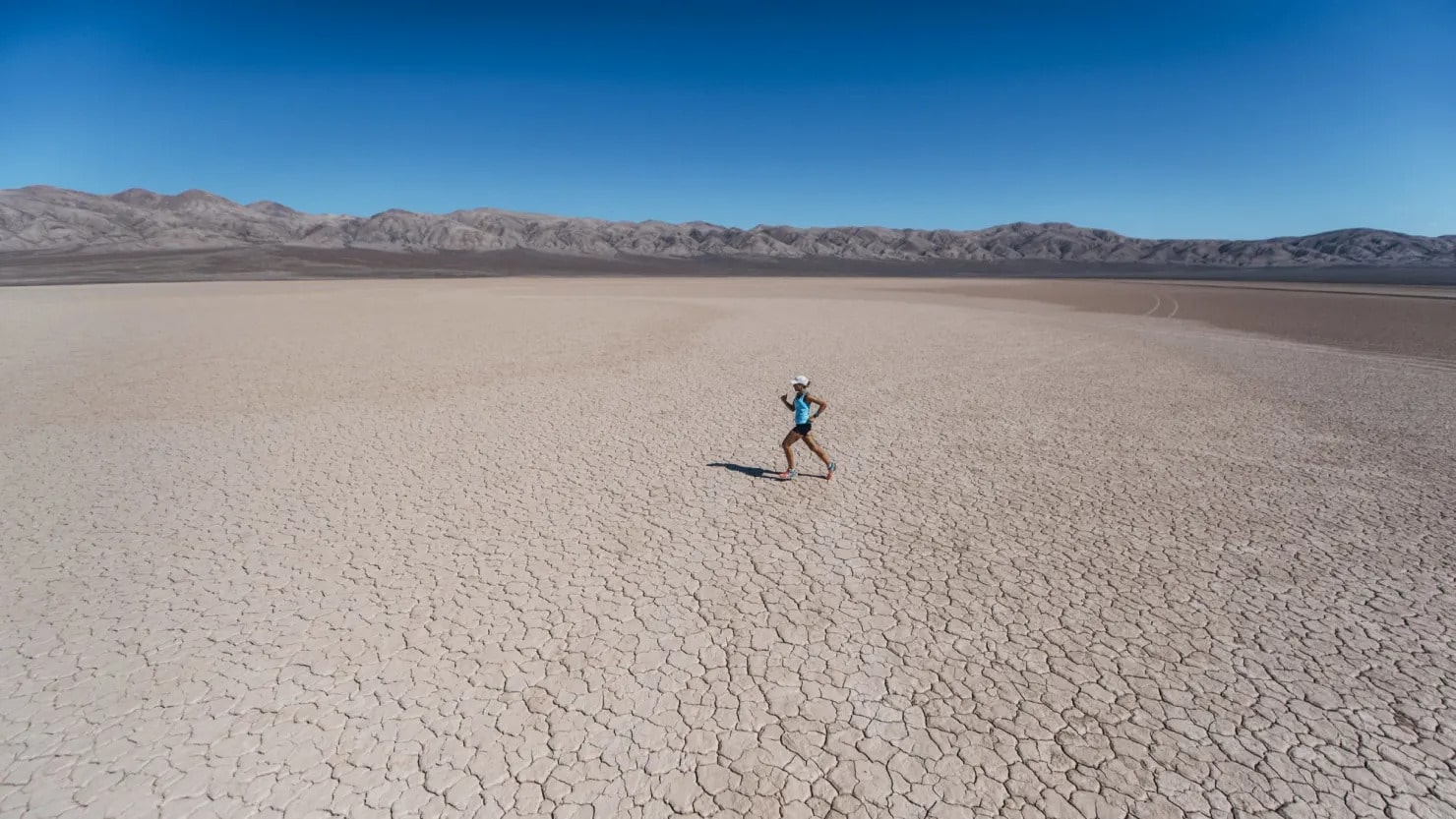
Guli says that “companies currently account for nearly 90% of the world’s fresh water use, which means they can become the biggest problem solvers for water”. She wants 200 companies, one for each marathon, to assess their water consumption and implement a plan for improved water use.
This is really, really hard.
Running 200 marathons is far from easy. In between this, I’m attending conferences and speaking to policymakers, NGO’s and global leaders about bringing water to the top of the agenda…it’s hard.
📍 #RunBlue Marathon 119/200 in Jordan. 🇯🇴
(1/2) pic.twitter.com/p8eRDcK9I9— Mina Guli (@minaguli) November 2, 2022
Well, Guli, you definitely got our attention – especially since most of Akepa is in Spain, amid the country’s worst drought in 200 years.
Transparent wood to replace see-through plastic films?!
Link: Phys.org
We’ve all noticed the unnecessary plastic windows on paper packaging, such as bakery bags. It gets annoying. Do non-sentient products, e.g. croissants, need panoramic views? Okay – we suppose it sometimes helps to see the item but more sustainable alternatives are needed.
On that, transparent wood is being developed to replace glass or plastic, not just for see-through packaging but also for car windshields, windows, and more. See how it compares to plastic, below.
While it’s a promising alternative to the plastic used today, transparent wood is made through a wasteful process to remove a component called ‘lignin’ and create the transparency. This process also weakens the wood, making it flimsy. But researchers at the University of Maryland have found a cleverer way to make wood transparent that uses fewer chemicals and leaves the wood 50 times stronger than the transparent timber we know. The final product allows more than 90% of light to pass through it – and it’s so robust it could be used to make a see-through house. Imagine that!
Decathlon gets Nolhtaced
Link: The Brussels Times
To reduce greenhouse gas emissions and limit global warming to 1.5°C, we must become more circular. That doesn’t mean rounder people, which would increase pollution, but rather getting rid of the take-make-waste mindset and replacing it with reduce-reuse-recycle.
Still, organisations must invest in the infrastructure to make that happen. One of those pioneers is Decathlon, where customers can sell back products to the store to give them a second life. To promote this ‘reverse shopping’, they renamed three stores in Belgium to Nohltaced for a month.
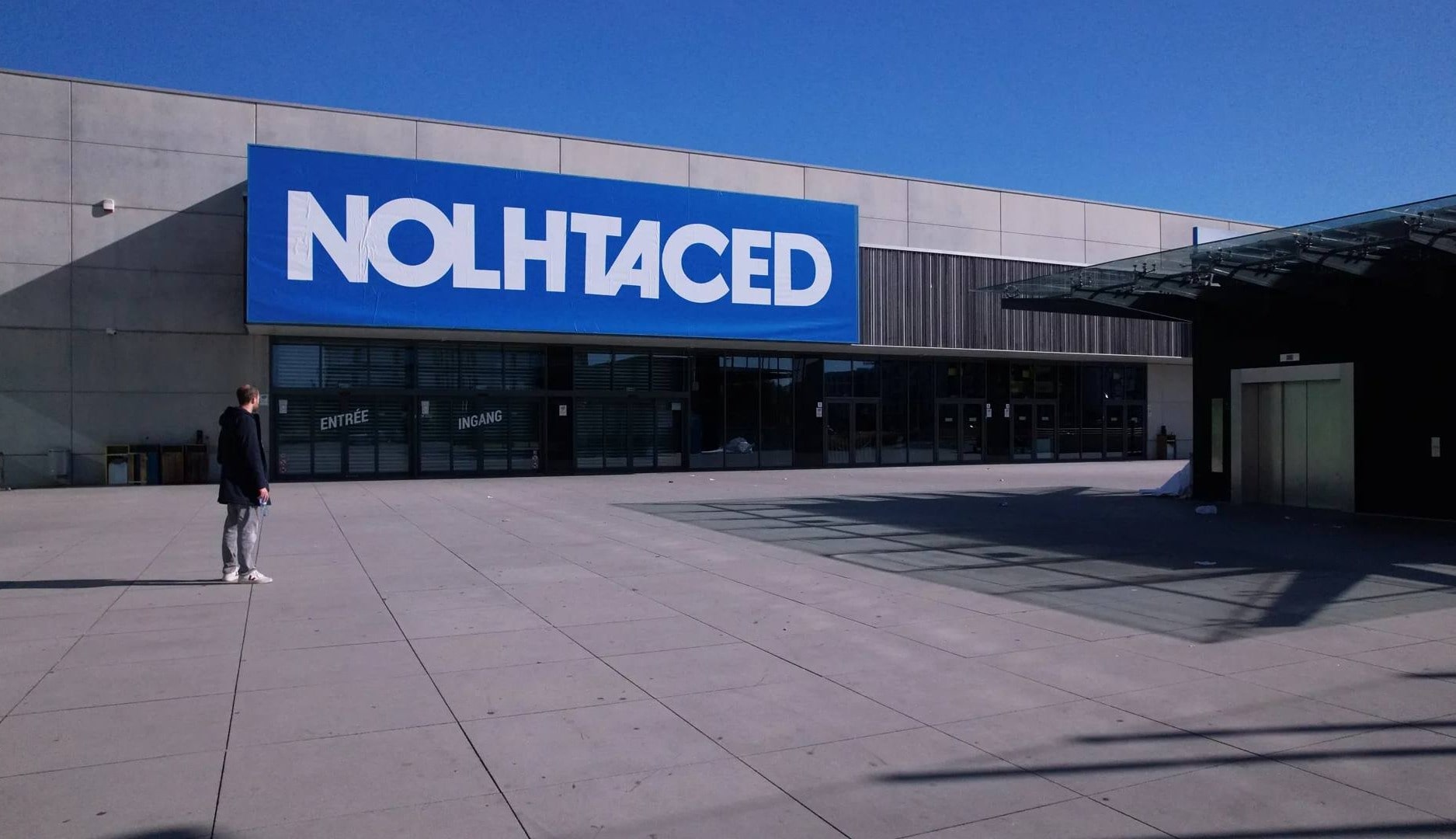
It’s not exactly a name that slips from the tongue, though, and the word of mouth will be limited. So why use it for a campaign? Well, in case you hadn’t noticed it’s because Nolhtaced is Decathlon in reverse. Nice.
Still confused? Here’s another Akepa blog post that goes into more detail about what circularity means.
COP27 insulted
Link: EcoWatch
We started this post with an ominous quote from the UN Secretary-General at the opening of COP27 and here’s a scarier one. We’re on the ‘highway to climate hell with our foot on the accelerator’. There’s no mincing of words there but the conference has had its sincerity towards lifting our figurative feet off the gas questioned.
One of the highest profile detractors was Greta Thunberg who will not attend. She declared the conference to be “…for people in power to get attention, using many different kinds of greenwashing”. When you consider that the resolutions of COP26 are already looking shaky, with protected forests in the DRC already under threat, and the event’s sponsored by Coca Cola, one of the planet’s worst polluters, her words don’t seem as harsh as they did on first look.
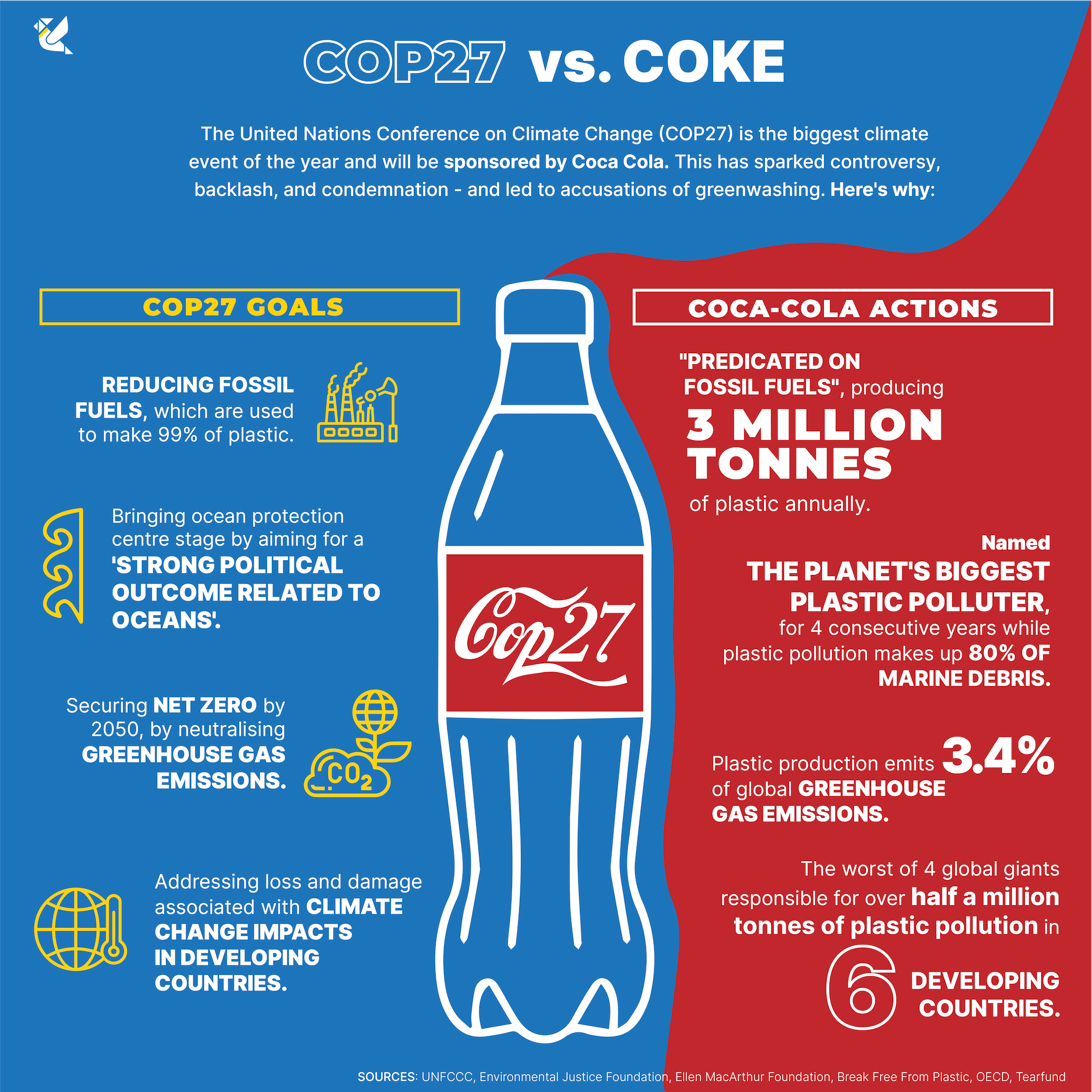
Let’s hope that COP27 is a success, though, despite the geopolitical challenges. We’d love Greta’s statement to be proven unfair.
Time to go. We’ll be back in December.



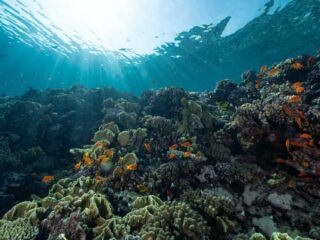
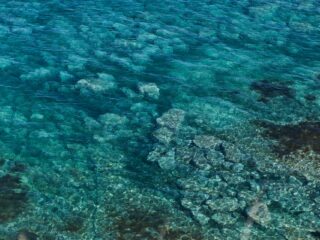
Leave a Reply